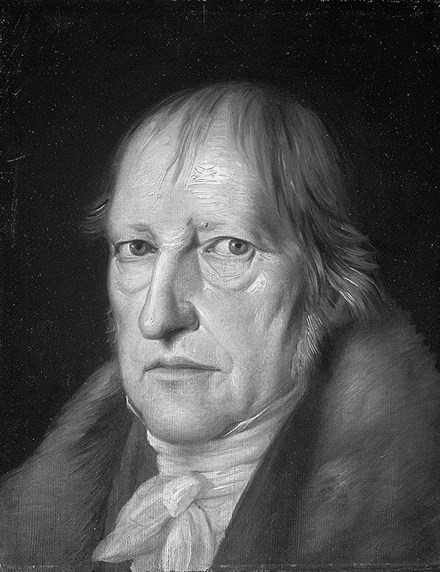
Publication details
Publisher: Nakladatelství Karolinum
Place: Prague
Year: 2016
Pages: 85-101
Series: AUC Interpretationes
Full citation:
, ""Les blessures de l'esprit"", AUC Interpretationes 6, 2016, pp. 85-101.


"Les blessures de l'esprit"
Reconnaissance et réconciliation dans la Phénoménologie de Hegel
pp. 85-101
in: AUC Interpretationes 6, 2016.Abstract
In this article, we propose to deepen the concept of recognition as set out in the “Phenomenology of Spirit”, in order to show that one finds in Hegel an idea that can contain the relations of violent domination. However, this tripartite intersubjective structure is irreducible to the dual relation of emancipation that commentators generally locate in the master-slave dialectic. It is indeed in reconciliation – in the appearance of the absolute spirit, when consciences demonstrate each for themselves and for others that they cannot claim any form of domination – that free and mutual recognition is teleologically fulfilled in the appearance of the supreme good that they posit as transcending their finitude.
Cited authors
Publication details
Publisher: Nakladatelství Karolinum
Place: Prague
Year: 2016
Pages: 85-101
Series: AUC Interpretationes
Full citation:
, ""Les blessures de l'esprit"", AUC Interpretationes 6, 2016, pp. 85-101.

